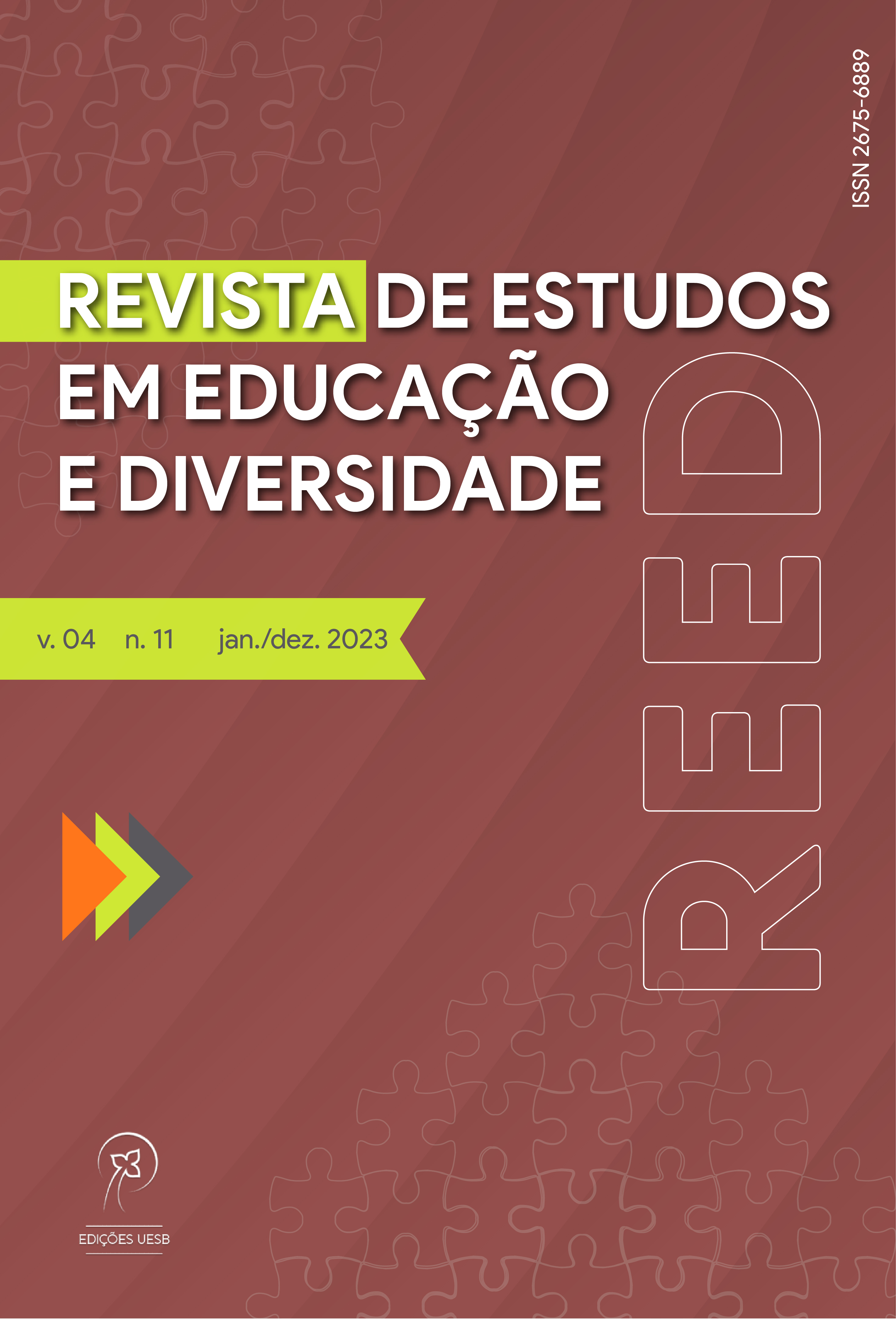The role of contextualization in chemistry in the mechanical engineering training course: an analysis by the monitor
DOI:
https://doi.org/10.22481/reed.v4i11.14038Keywords:
contextualization, general chemistry teaching, mechanical engineeringAbstract
Chemistry is a science present in both trivial situations and complex everyday contexts. In the field of Mechanical Engineering, this influence stands out as mechanical engineers face the crucial choice of materials, considering requirements such as strength, durability, lightness, and corrosion resistance. These decisions directly impact the performance of the vehicles/the mechanical systems that they design. Therefore, this study aims to investigate the impact of contextualization on the understanding of chemically-related concepts and their importance in the professional activities of trainee mechanical engineers. To conduct this research, an interview was conducted with students by the monitor of the General Experimental Chemistry II discipline. Research results have indicated that the contextual approach significantly promoted learning. Students began to perceive chemistry as essential for solving complex problems in mechanical engineering. The integration of theory and practice made the subject more relevant, engaging, and motivating. In conclusion, effective contextualization not only enhances academic performance but also transforms perceptions of the relevance of chemistry, developing practical skills and comprehensively preparing students for the challenges of Mechanical Engineering.
Downloads
References
ALMEIDA, M. O.; RIBEIRO, V. G. P.; ARRUDA, A. R. P.; MAIA, F. J. N.; MAZZETTO, S. E. O Efeito da Contextualização e do Jogo Didático na Aprendizagem de Funções Orgânicas. Química em foco, Revista Virtual de Química. v. 8, n. 3, p. 767-779, 12 jun. 2016.
AULETE, C., e GEIGER. Novíssimo Aulete. Dicionário contemporâneo da Língua
Portuguesa. São Paulo: Lexikon, 2011.
BOGDAN, R. C.; BIKLEN, S. K. Investigação Qualitativa em Educação. Tradução: ALVAREZ, M. J.; SANTOS, S. B.; BAPTISTA, T. M. Rev. VASCO, A. B. Portugal: Porto, 1994. 336p.
CUNHA , M. B. Jogos no Ensino de Química: Considerações Teóricas para sua Utilização em Sala de Aula. Química Nova na Escola, v. 34, n. 2, p. 92-98, 2012.
MÓL, G. S. Pesquisa Qualitativa em ensino de Química. Revista Pesquisa Qualitativa, v. 5, n. 9, p. 495-513, 16 dez. 2017.
SILVA, J. C. R.; ROSA, C. T. W.; CORTEZ, J.. A contextualização no ensino de ciências: overview. Conceitos científicos em destaque. Research Society and Development, v. 9, n. 16, jun. 2020.
UNIVERSIDADE ESTADUAL DE SANTA CRUZ. Resolução CONSEPE Nº 71/2017. Alterações no Projeto Acadêmico Curricular do Curso de Engenharia Mecânica. Diário oficial da UESC, Ilhéus, 15 dez. 2017.
VIANA, H. M. Pesquisa em educação: a observação. Brasília: Plano Editora, 2007.
WARTHA, E. J.; FALJONI-ALARIO, A. A contextualização no ensino de química através do livro didático. Pesquisa no ensino de química. Química Nova na escola, n. 22, 13 jul. 2005.
WARTHA, E. J.; SILVA, E. L. da; BEJARANO, N. R. R. Cotidiano e Contextualização no Ensino de Química. Conceitos científicos em destaque. Química Nova na escola, v. 35, n. 2, p. 84-91, 26 jan. 2013.
Downloads
Published
How to Cite
Issue
Section
License
Copyright (c) 2023 Revista de Estudos em Educação e Diversidade - REED

This work is licensed under a Creative Commons Attribution 4.0 International License.
You are free to:
Share - copy and redistribute the material in any medium or format; Adapt - remix, transform, and build from the material for any purpose, even commercially. This license is acceptable for Free Cultural Works. The licensor cannot revoke these freedoms as long as you follow the terms of the license.
Under the following terms:
Attribution - You must appropriately give credit, provide a link to the license, and indicate if any changes have been made. You may do so in any reasonable way, but not in a way that suggests that you or your use is endorsed by the licensor.
There are no additional restrictions - You cannot apply legal terms or technological measures that legally restrict others to make any use permitted by the license.






